Dive into the depths of history with Abeka World History Test 4, a comprehensive assessment that explores key historical periods and concepts, providing valuable insights into the tapestry of human civilization.
This test is designed for students seeking to deepen their understanding of world history and assess their grasp of significant events, themes, and figures that have shaped our past.
Test Overview
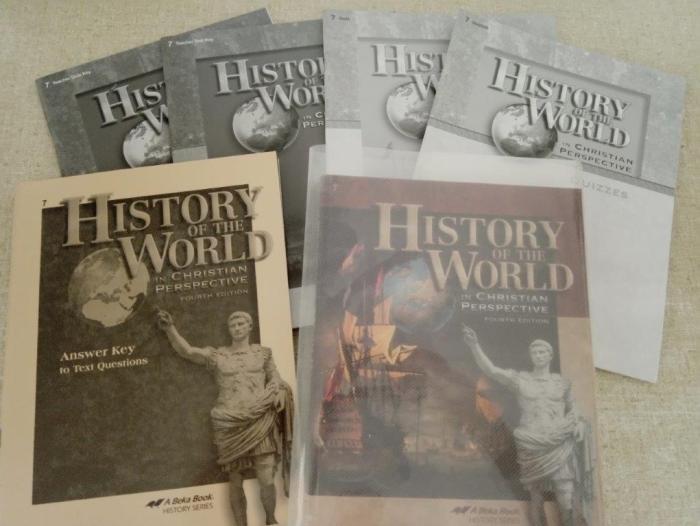
Abeka World History Test 4 assesses students’ understanding of historical events and concepts covered in Unit 4 of the Abeka World History curriculum.
This test is intended for students who have completed Unit 4 and is used to evaluate their knowledge and skills in analyzing and interpreting historical sources, understanding historical timelines, and recognizing cause-and-effect relationships in world history.
Content Analysis
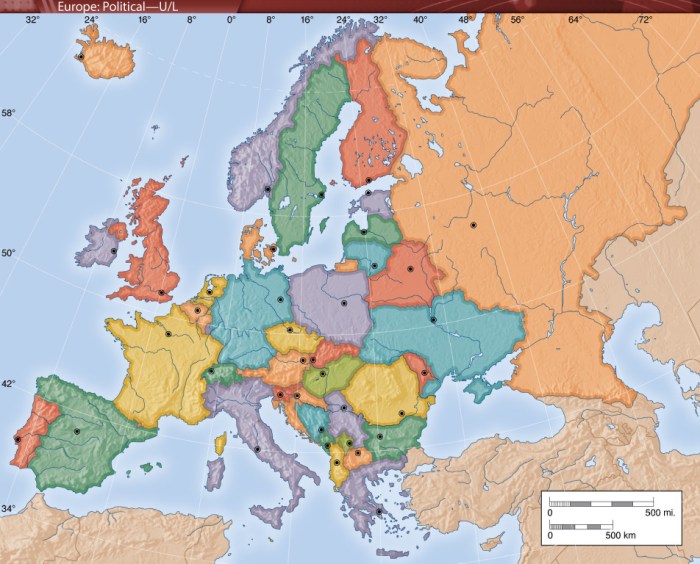
The Abeka World History Test 4 delves into various significant historical periods and topics, providing a comprehensive overview of global events.
The test’s content encompasses a diverse range of historical eras, from ancient civilizations to modern times. It examines the rise and fall of empires, the development of major religions, and the impact of technological advancements on human societies.
After studying diligently for the Abeka World History Test 4, you may find that reviewing some key concepts from “Money in Review Chapter 4” here could be beneficial. Understanding the historical evolution of money and its role in shaping societies can provide valuable insights for your test.
Remember to revisit the main topics of Abeka World History Test 4 to ensure a comprehensive preparation.
Ancient Civilizations
- Mesopotamia: The rise of Sumerian and Babylonian civilizations, their contributions to writing, law, and mathematics.
- Ancient Egypt: The establishment of the Egyptian Empire, its advancements in architecture, hieroglyphics, and mummification.
- Ancient Greece: The development of city-states, the rise of democracy, and the contributions of philosophers such as Socrates, Plato, and Aristotle.
- Ancient Rome: The expansion of the Roman Empire, its political system, and its influence on Western civilization.
Middle Ages
- The rise of Christianity: The spread of Christianity throughout the Roman Empire and its impact on European culture.
- The Crusades: The series of religious wars between Christians and Muslims for control of the Holy Land.
- The development of feudalism: The establishment of a hierarchical social system based on land ownership and military service.
- The Black Death: The devastating plague that swept through Europe in the 14th century, killing an estimated 30-60% of the population.
Test Structure and Format: Abeka World History Test 4
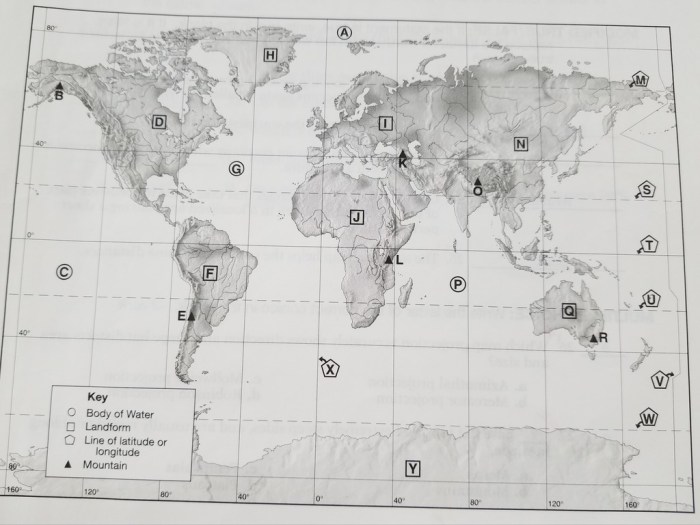
The Abeka World History Test 4 comprises a combination of multiple-choice and short-answer questions. The test is structured to evaluate students’ understanding of key historical periods and topics.
The questions are distributed across different historical periods and topics, ensuring a comprehensive assessment of students’ knowledge. The test covers a range of topics, including ancient civilizations, the Middle Ages, the Renaissance, the Age of Exploration, and modern history.
Question Types, Abeka world history test 4
- Multiple-Choice Questions:These questions present students with several options and require them to select the best answer. They assess students’ recall of facts and their ability to identify the correct answer from a given set of choices.
- Short-Answer Questions:These questions require students to provide brief, written responses. They assess students’ ability to explain concepts, analyze historical events, and draw connections between different periods and topics.
Assessment Criteria
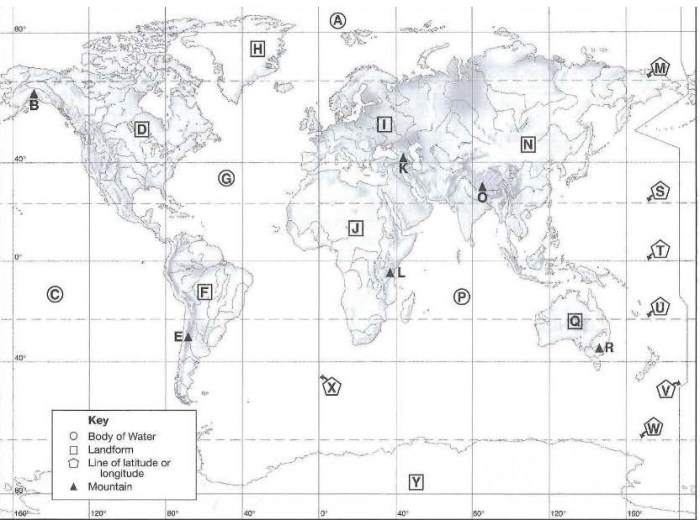
The Abeka World History Test 4 employs a comprehensive grading system to evaluate students’ performance. The test is divided into multiple sections, each covering specific content areas and skills.
Students are assessed based on their ability to demonstrate knowledge and understanding of historical events, concepts, and themes. The scoring system is designed to provide a fair and accurate representation of their proficiency in the subject matter.
Grading System
- Excellent (90-100%):Demonstrates a thorough understanding of the test content, with minimal errors and a high level of accuracy.
- Good (80-89%):Exhibits a solid grasp of the material, with some minor errors and omissions.
- Satisfactory (70-79%):Shows a basic understanding of the content, but may struggle with certain concepts or questions.
- Needs Improvement (60-69%):Demonstrates a limited understanding of the material and requires additional support to improve performance.
- Unsatisfactory (Below 60%):Indicates a significant lack of understanding and requires substantial remediation.
Comparison to Other Assessments
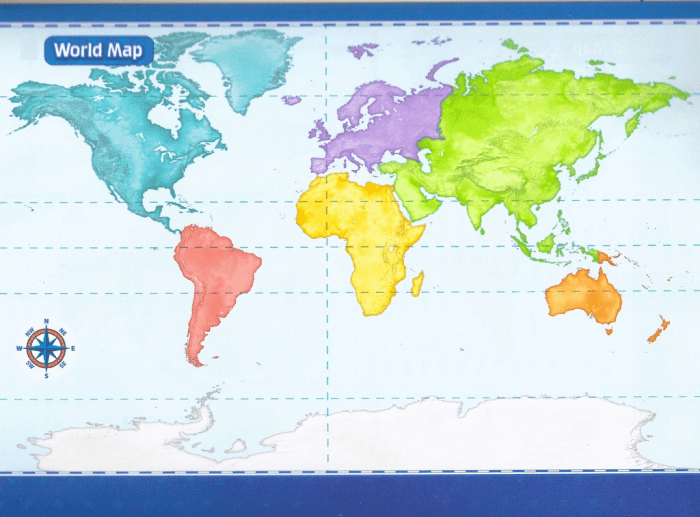
Abeka World History Test 4 is comparable to other assessments of its kind, sharing common elements in content, format, and assessment criteria. However, it also has unique features that distinguish it from similar assessments.
Content Similarities
Abeka World History Test 4 covers a broad range of topics related to world history, including key events, historical figures, and cultural developments. The content is comprehensive and aligns with the standards of other assessments, ensuring that students are tested on essential knowledge and skills.
Format Differences
The format of Abeka World History Test 4 may differ from other assessments in terms of question types and the number of questions. Some assessments may focus primarily on multiple-choice questions, while others may include a mix of multiple-choice, short answer, and essay questions.
The length of the test and the time allotted for completion can also vary.
Assessment Criteria
The assessment criteria for Abeka World History Test 4 are generally consistent with other assessments. Students are evaluated based on their knowledge of historical content, their ability to analyze and interpret historical sources, and their writing skills. However, the specific criteria and weighting of different assessment components may vary among different assessments.
Educational Implications
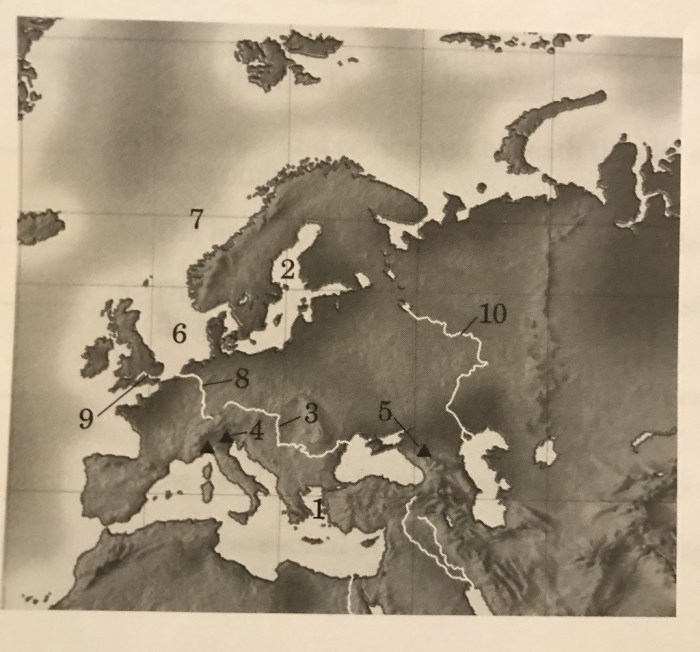
Abeka World History Test 4 offers several educational values for teaching and learning world history.
It provides a comprehensive assessment of students’ knowledge and understanding of key events, concepts, and themes in world history, covering a wide range of topics from ancient civilizations to modern times.
Benefits
- The test helps students to identify their strengths and weaknesses in their understanding of world history, allowing them to focus their studies on areas where they need improvement.
- It also provides teachers with valuable information about the effectiveness of their teaching methods and helps them to identify areas where they can make adjustments to improve student learning.
- Additionally, the test can be used as a diagnostic tool to identify students who may need additional support or enrichment activities.
Limitations
- One potential limitation of the test is that it may not be suitable for all students, as it is designed for a specific curriculum and may not cover all the topics that are taught in other world history courses.
- Additionally, the test may not be an accurate measure of a student’s overall knowledge and understanding of world history, as it only assesses a limited number of topics.
General Inquiries
What is the purpose of Abeka World History Test 4?
Abeka World History Test 4 is designed to assess students’ understanding of key historical periods and concepts covered in the Abeka World History curriculum.
Who is the target audience for this test?
This test is primarily intended for students enrolled in Abeka World History courses or those seeking to evaluate their knowledge of world history.
What types of questions are included in the test?
The test includes a variety of question types, such as multiple choice, short answer, and essay questions, to assess students’ knowledge and critical thinking skills.